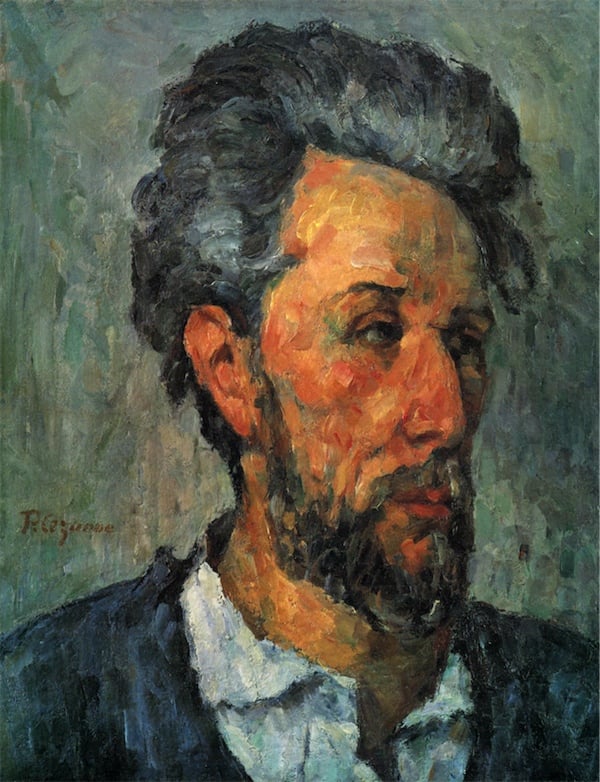
Wie die Bienen den Honig zusammentragen, so holen wir das Süßeste aus allem und bauen Ihn. Mit dem Geringen sogar, mit dem Unscheinbaren (wenn es nur aus Liebe geschieht) fangen wir an, mit der Arbeit und mit dem Ruhen hernach, mit einem Schweigen oder mit einer kleinen einsamen Freude, mit allem, was wir allein, ohne Teilnehmer und Anhänger tun, beginnen wir Ihn, den wir nicht erleben werden, so wenig unsere Vorfahren uns erleben konnten. Und doch sind sie, diese lange Vergangenen, in uns, als Anlage, als Last auf unserem Schicksal, als Blut, das rauscht, und als Gebärde, die aufsteigt aus den Tiefen der Zeit. Gibt es etwas, was Ihnen die Hoffnung nehmen kann, so einstens in Ihm, in dem Fernsten, Äußersten zu sein?
As the bees collect honey, so we collect what is sweetest of all and build Him. Even with the trivial, with the imperceptible (so long as it is done out of love) we begin, with work and with the inner peace that follows it, with a silence or with a small isolated joy, with everything that we do alone, without anyone to participate or support us, we start Him whom we will not live to see, just as our ancestors could not live to see us. And yet they, who passed away long ago, still continue on in us, as inclination, as a charge upon our fate, as blood that whispers, and as gesture that rises up from the depths of time. Is there anything that can take from you the hope that you will someday continue in Him, the one of greatest remoteness and extremity?
—Rainer Maria Rilke, Briefe an einen jungen Dichter, Dec. 23, 1903 (S.H. transl.)
One of the most impressive things about Rilke is his life as a letter writer. He often treated correspondence with utter seriousness, devoting every bit as much intellectual energy and passion to the polite inquiries of an aspiring young poet as he put into his own poetry and prose. The collection of Letters to a Young Poet are a remarkable treasury, and fairly well known, but a great deal of Rilke’s published correspondence exists and the quality of his writing is simply amazing–Rilke seems engaged in intense communication with his correspondent, but the value of his thoughts pass far beyond the daily cares of life into something truly transcendent. This is one of my favorite passages from one of the earliest and best known collections of Rilke letters. It develops a theme we see in several of Rilke’s works, notably including Die Weise von Liebe und Tod des Cornets Christoph Rilke (1912), namely the great chain of being–an idea that emerged in classical antiquity. As Rilke develops it here, the chain of being is important for purposes of responsibility. To whom do we as actors in our lives owe a duty that provides moral definition to our conduct? The duty is not simply to our contemporaries. Like classical writers such as Seneca and Lucretius, Rilke says the duty also must be understood stretching over space and time to ancestors and those who preceded us and those who follow in our wake (not simply as progeny). Unlike the classical writers, however, Rilke also presents the chain of being as a source of artistic inspiration. And he interweaves it with a strikingly religious, Christian flavor with the personification of Christ as Beginning and End.
Listen to the tenth and eleventh movements of Dmitri Shostakovich’s Symphony No. 14 based on Rilke’s poem Der Tod des Dichters in a 1988 performance by I Musici de Montreal under Yuli Turovsky. Soprano Elizabeth Holleque and bass Nikita Storojev perform the vocals.


